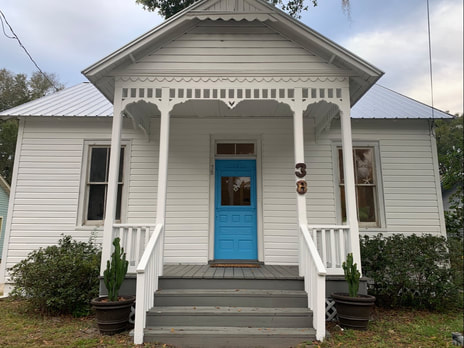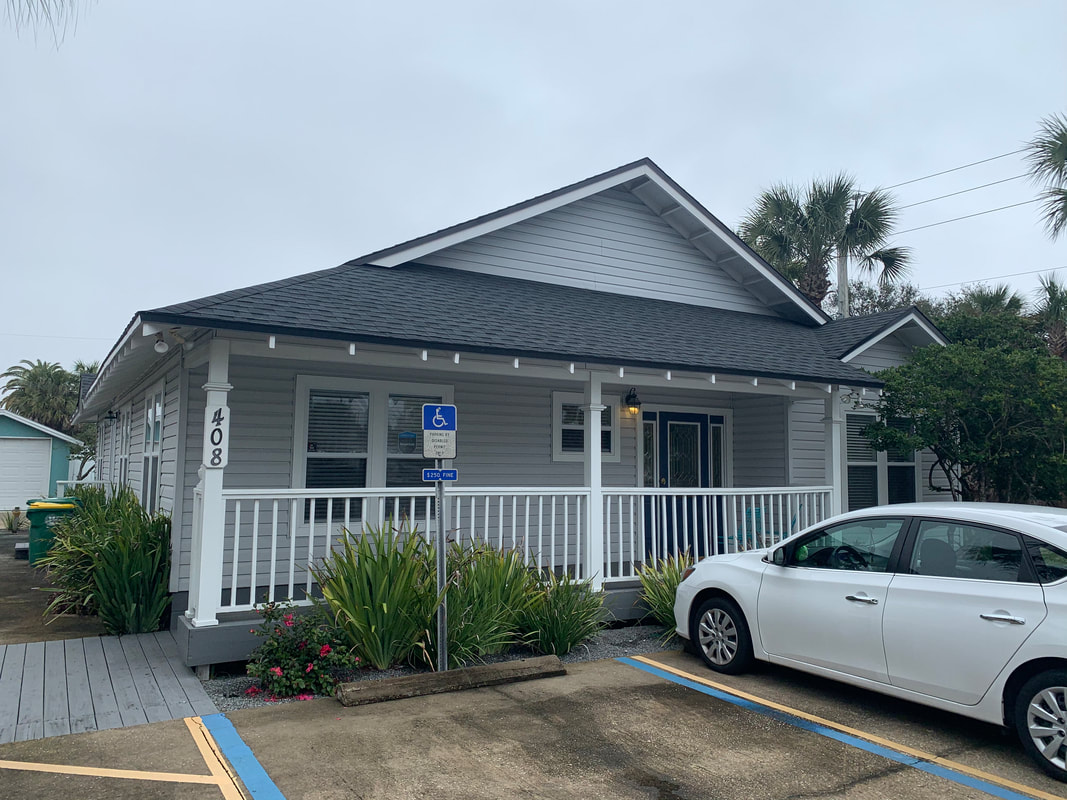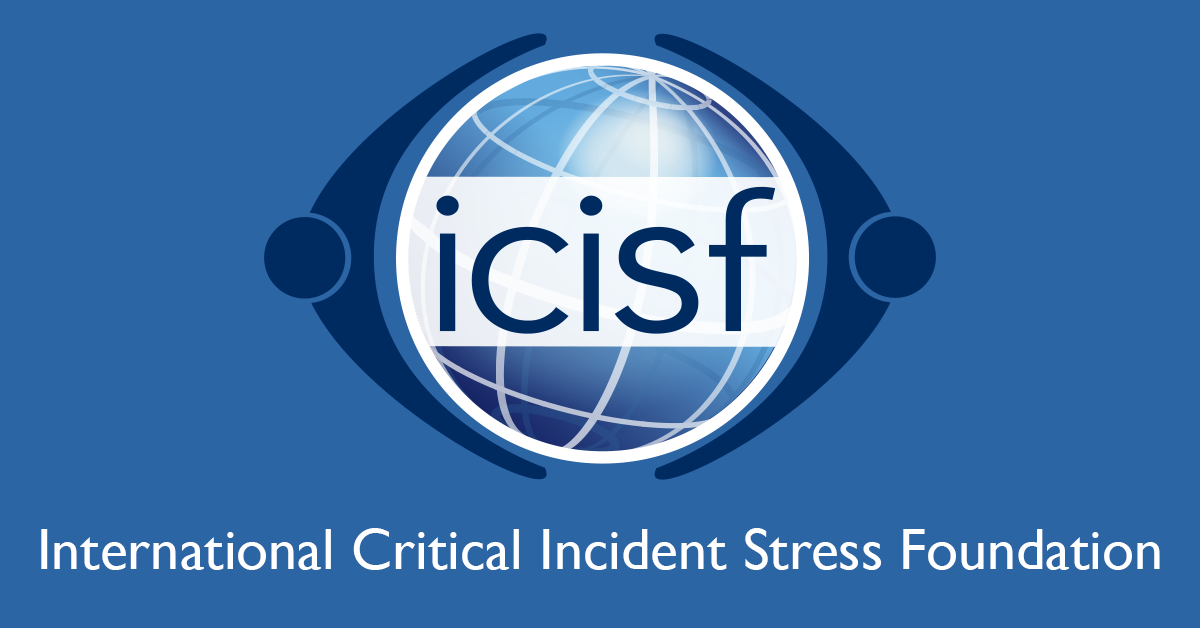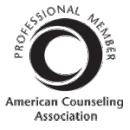|
It's wedding season. This translates into a significant increase in the number of couples seeking pre-marriage counseling. One of my goals is to help couples recognize the need for marriage counseling in every season of their relationship.
For couples seeking marriage therapy, it can be overwhelming to know who to choose from. A healthy google search can produce counseling options of every flavor. A counselor's bio or credentials, while important for establishing professional credibility, are not always enough to satisfy our need for some additional assurance. One third of the change you desire will occur because you just show up to therapy. Another third of the change will rest on your trust in the therapist's ability to guide and help you accomplish the change or outcome you desire. The last third rests on the arduous work you will do in and away from therapy. Did you catch that? A significant amount of the change in your situation rests on your confidence and trust in the therapist ability to facilitate the process. That's so huge! So I am writing this guide to help you to to navigate your way into a counseling setting that best matches your specific needs and desires. 1. Dig your well before you are thirsty. The best time to look for a therapist is when you don't need one. Getting established with a therapist you trust in non-critical moments will set the stage for feeling much more grounded in critical moments. It can also help to mitigate a crisis before one even occurs. Many of the staging grounds for a crisis come from some area of neglect in a marriage. By sitting down in those non-critical moments with a marriage therapist, you may actually be able to have those difficult conversations before they become toxic. 2. Ask around. Google is a powerful search engine but nothing is more powerful than the referral of a trusted friend. I'd begin by asking other couples or a local pastor who they trust to work with couples. Pastors typically triage couples in crisis and wisely refer them to a trusted local marriage therapist. Unless a marriage therapist is new to town, the good ones will have a reputation that precedes them. Here are some things trusted referral sources have had to say about partnering with me... 3. One size does not fit all. Different kinds of couples have different kinds of needs. Listening to one another's preferences prior to making an appointment will help narrow down your field of options. The wife may prefer to meet with a woman, while the husband may prefer to meet with a man. One couple may need to do some targeted work around communication while another couple may be negotiating a complex trauma or some level of marital infidelity. 4. You don't have to hit bullseye on the first throw. When you are looking for a marriage therapist there can be a lot of unnecessary pressure to choose the right one on the first visit. We would not walk onto a car lot and buy the first car we see. Why would we trust our most vital earthly relationship with the first visit? Don't get me wrong, many people do actually find a good therapist on their first visit (after google searching, asking around, discussing therapy needs and goals with their spouse, scheduling an appointment and making the journey across town to their first appointment). It can be done but that is not necessarily the goal. Sometimes meeting with the "wrong therapist" can set you up to clarify what you really are looking for and needing. Sometimes you know right away if it is a good fit. Other times it may take a couple sessions. Don't be discouraged if you go to three sessions and discern its not the best fit. This is all part of the process of your growth. Meeting with the "wrong therapist" can help you become even more clear about you need. That is growth! 5. Good chemistry matters. You read earlier that nearly one third of the change you are seeking leans heavily on your trust in the therapist's ability to facilitate your process. This trust includes good chemistry between the two of you. Like any relationship, there will need to be a runway of time together for trust to form and rapport to develop. For some, that first one hour appointment will be enough. For others it may take a little more time. Three attributes that make all the difference in helping cultivate the rapport that is needed will be the warmth, curiosity and empathy demonstrated by your therapist toward you. While therapy is not designed to always make you feel better, you should experience a growing sense of safety and rapport with your therapist as you begin facing aspects of ourselves that stir up fear, shame, regret, grief, hurt, loneliness and sadness. What has been helpful for you?
3 Comments
3/30/2018 07:48:46 am
My friend is thinking of finding a marriage therapist soon. I know that he has been overwhelmed by the thought of therapy and finding a good therapist, like you said is common for couples. I like that you said your success with a therapy session depends on the confidence and trust you have in your therapist.
Reply
Leave a Reply. |
ELBOW TREEArchives
July 2023
Categories
All
|


 RSS Feed
RSS Feed














